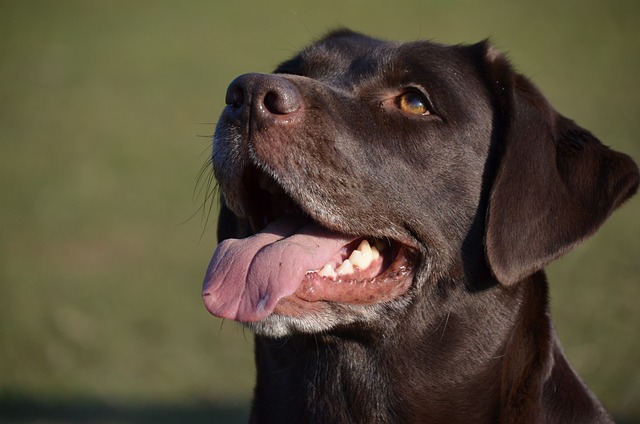
How to control hair shedding in dogs?
That fuzzy layer on your favorite sweater or the clumps under the couch—dog hair shedding is a normal part of pet ownership, but it doesn’t have to take over.
You might lean in to hug your Labrador after a long day, only to notice a strong odor that wasn’t there before. Labs are active pups, so some smell is normal—but when it lingers even after a quick wipe-down, it’s time to figure out why. Common causes range from wet fur trapped in their thick coat to overlooked ear infections or even dental issues.
Start with their grooming routine—Labs need regular baths, but not too often, as over-washing strips their skin of natural oils. Use a pet-specific shampoo (human products can irritate their skin) and make sure to rinse thoroughly, especially around their neck and underbelly where dirt hides. After bathing, dry them completely with a towel or low-heat dryer; damp fur is a breeding ground for odor-causing bacteria.
Don’t forget their ears—Labs have floppy ears that trap moisture, which can lead to infections and a yeasty smell. Once a week, gently wipe the inside of their ears with a vet-approved ear cleaner and a cotton ball. Avoid sticking anything deep into the ear canal—you just need to clean the visible part. If you see redness or discharge, or if your Lab shakes their head a lot, a vet visit is a must.
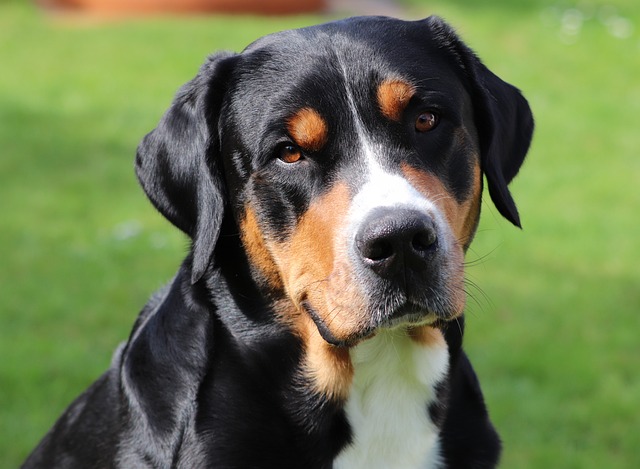
Dental health plays a big role too—bad breath can make overall body odor worse. Brush your Lab’s teeth 2-3 times a week with a pet toothbrush and toothpaste. You can also give them dental chews that are approved by veterinary associations (avoid hard chews that might damage their teeth). Regular dental checkups with your vet can catch issues like gum disease early, which helps keep odors at bay.
Check their diet, too—some low-quality dog foods can cause digestive issues that lead to stronger body odor. Talk to your vet about choosing a balanced diet that fits your Lab’s age and activity level. Also, make sure they have access to fresh water at all times—dehydration can make their skin and coat dull, and even worsen odors. Always follow local guidelines when disposing of old food or treats to keep your space clean and compliant.
Watching for sudden or strong odors isn’t just about keeping your home fresh—it’s about making sure your Lab is healthy. With consistent grooming, dental care, and a little attention to their ears and diet, you’ll have your pup smelling fresh and feeling happy again.

That fuzzy layer on your favorite sweater or the clumps under the couch—dog hair shedding is a normal part of pet ownership, but it doesn’t have to take over.
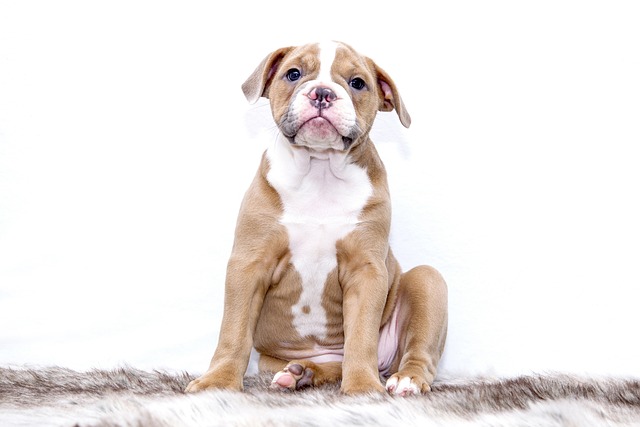
Many new Corgi owners panic when their pup’s ears stay floppy past 3 months, assuming it means the dog isn’t purebred. But that’s a common myth—ear standing has way more to do with timing and health than lineage.
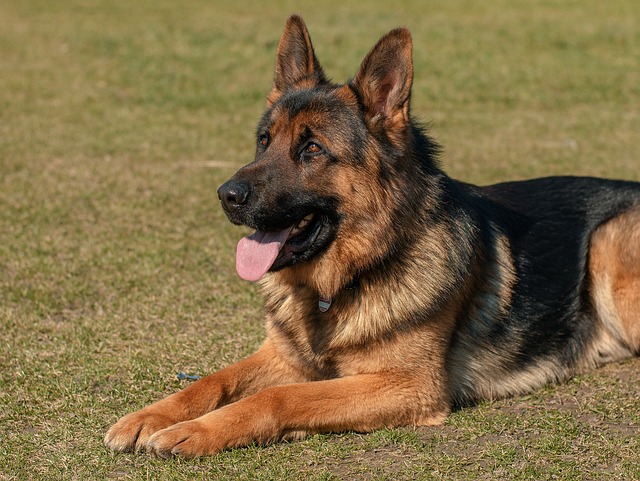
It’s never easy when you’ve noticed your German Shepherd turning away from their bowl, especially when you start seeing their ribs become more visible.
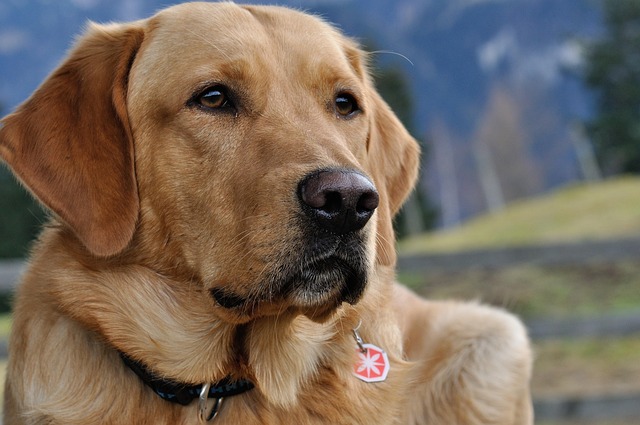
Finding clumps of your Labrador’s fluffy coat on the couch, carpet, and even your clothes can feel overwhelming—especially when you’ve tried brushing more and switching shampoos with no luck.
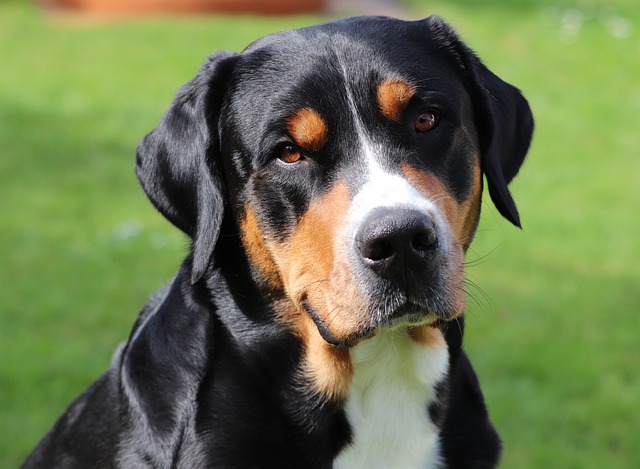
You might lean in to hug your Labrador after a long day, only to notice a strong odor that wasn’t there before. Labs are active pups, so some smell is normal—but when it lingers even after a quick wipe-down, it’s time to figure out why.
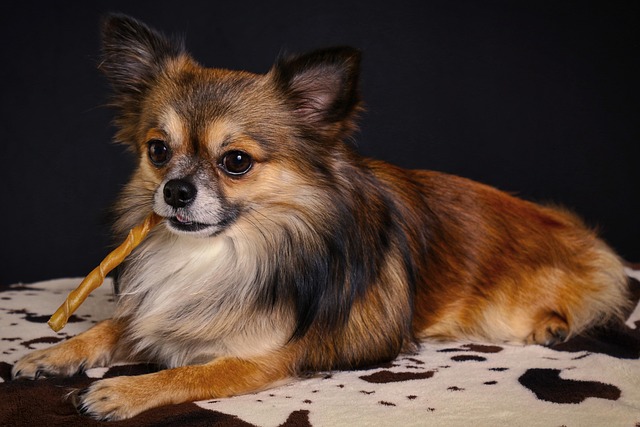
If you’re a new dog parent in the US—maybe you’re sitting on your Ohio apartment floor, running your fingers through your 1-year-old Golden Retriever’s